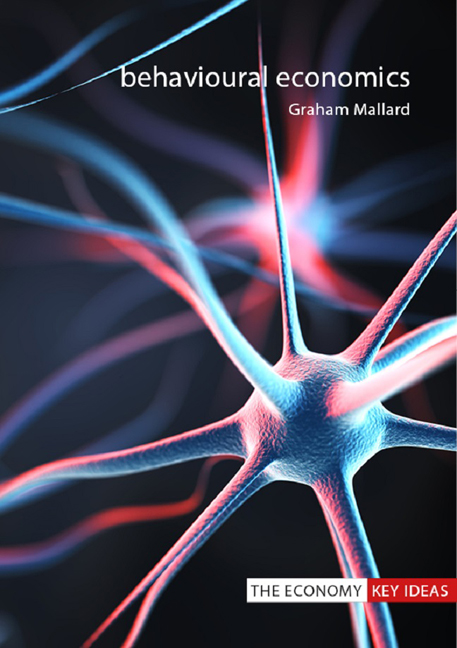6 - Persuasion
Published online by Cambridge University Press: 09 August 2023
Summary
Making policy recommendations that seek to manipulate our behaviour by taking advantage of how we actually make decisions is arguably the key distinction between modern behavioural economics and the studies of decision-making that went before it (see Chapter 2). The modern school does not only seek to provide a descriptive theory of behaviour (outlining how we actually behave) – to contrast with and further enhance the normative theory provided by mainstream economics (outlining how in theory we should behave) – it also provides a prescriptive theory of behaviour that outlines how our behaviour can be altered.
Central to this is the approach of libertarian paternalism, which involves the government altering the appearance of the choices we face – the choice architecture – to guide us towards making the decisions that are best for us. Libertarian in that it does not impinge on our freedoms to choose. Paternalistic in that it increases our welfare by improving the choices we make. Popularized by the 2008 book of the same name, this is the nudge approach to policy-making: nudging us towards better choices. After making every minister in his Cabinet read Thaler and Sunstein’s book (2008), former UK Prime Minister David Cameron established the Behavioural Insights Team in 2010 to improve his government’s policy-making. Initially a government department, it is now jointly owned by the UK Government Cabinet Office, Nesta and BIT employees, having been part privatized in 2014; it consists of more than 70 employees located in London, New York and Sydney; and it advises authorities around the globe about policy. In 2015, for example, it entered into a three-year partnership with US group Bloomberg Philanthropies on a $42 million project to help local authorities across America use data to engage the public, make government more effective and improve people’s lives.
There are various ways in which the choice architecture in a given situation can be altered to manipulate our behaviour: using decoys, altering defaults, changing the ways in which choices are framed and seeking to prime or anchor us, being just a few. Each of these is examined in this chapter, before moving on to a specific case study and to the arguments that have been levelled against the nudge approach.
- Type
- Chapter
- Information
- Behavioural Economics , pp. 75 - 92Publisher: Agenda PublishingPrint publication year: 2017



